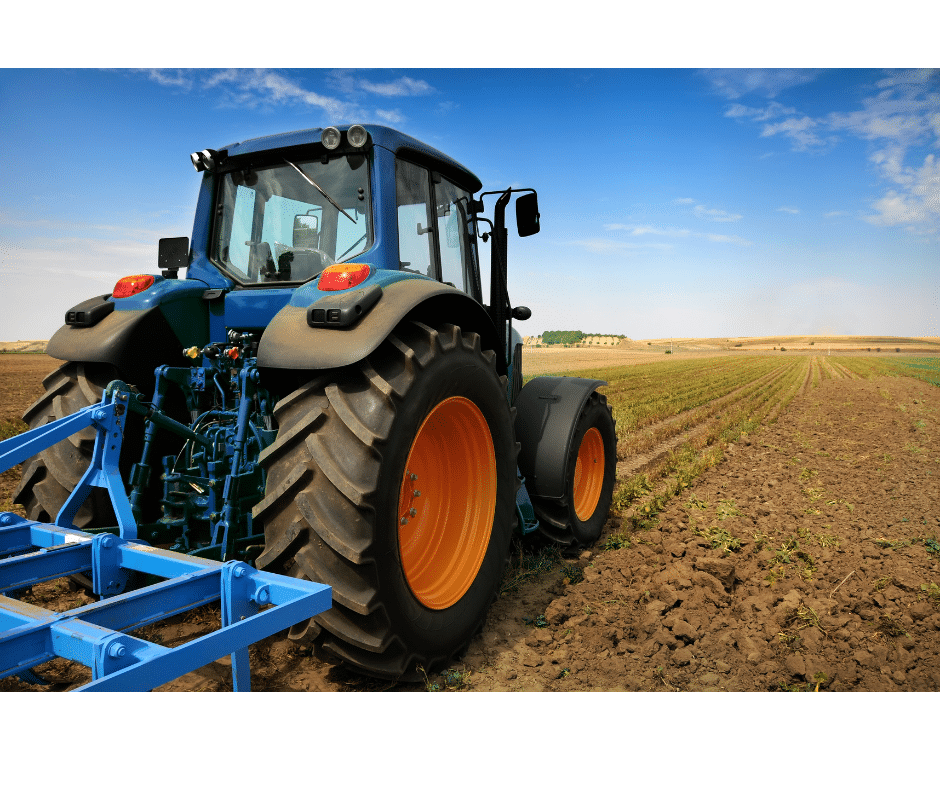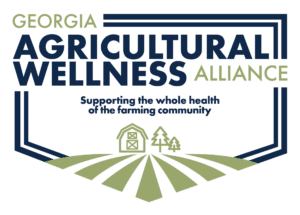Farmers’ Mental Well-Being Study Reports Now Available.

The Georgia Rural Health Innovation Center partnered with the Georgia Foundation for Agriculture and students in Mercer University School of Medicine’s Rural Health Sciences Ph.D. program to study the mental well-being, stressors, and coping mechanisms for individuals in farm occupations. The results from the pilot survey, conducted in May and June, were released in November. A statewide survey was distributed between January 2022 and April 2022, of which the results were released in June 2022.
More than 500 farm owners, farm workers, farm managers, and their spouses participated in the pilot study. This included farm owners in 136 of Georgia’s 159 counties and farm workers in 86 of them. They were asked questions about mental well-being topics, including negative emotions, perceived stress, time spent worrying, conditions that cause stress and coping mechanisms. In the statewide survey, more than 1,600 farmers participated.
The pilot study found that although half of the farmers are happy with their occupation, they do experience a lot of stress from a variety of sources. Most farmers worry at least one to three hours per day, and about half felt loneliness, sadness, or depression, with a third feeling hopeless. Almost one-third (31%) had suicidal thoughts at least once in the past year. Less than a quarter of participants indicated they had access to a psychologist. About 12% said they would like to visit a mental health professional but have not done so yet.
The statewide survey confirmed most of the results of the pilot study, but showed that suicidal ideation was even more common than it was in the pilot study. One of the most astounding and worrisome results were that more than 60% of first-generation farmers had thought about dying by suicide in the past year, with almost 10% thinking about this daily.
The effects of COVID-19 were among the top stressors for farm owners, farm managers, and farm workers. Farm workers were predominantly worried about retirement savings, while farm owners were focused on the effect of the weather on their income. Almost half of survey participants said they worried about succession planning.
More than half the farmers did not have access to basic medical care (whether in-person, over phone, or online), and more than 40% do not have access to food and groceries and basic personal care items.
Farmers who do not have access to emergency medical care, in-office routine medical care, telephone access for routine medical care, or telephone access to a psychologist had significantly higher perceived stress. Farmers who experienced the highest perceived stress were also more likely to use unhealthy coping mechanisms, such as drinking alcohol, hitting or injuring themselves, hitting or kicking things, or using over-the-counter and illicit drugs. Two-thirds of survey participants indicated they did not have access to recreational activities generally considered to be healthy coping mechanisms.
The Principal Investigators of the project are Dr. Anne Montgomery and Stephanie Basey. Please email montgomery_a@mercer.edu with any questions, comments, or concerns about the project.
Read the reports:
Click Here to Read Full Pilot Report
Click Here to Read Final Statewide Report
Want to help make a change?

We are currently recruiting members for the newly founded Georgia Agriculture Wellness Alliance, a coalition of farmers, nonprofits, colleges and universities, health organizations, state agencies, agricultural commissions/associations, and agribusiness who work together toward a common goal of aligning efforts to improve well-being of farmers and farming communities in Georgia.
Membership is open to Ag Leadership and Community Stakeholders.
- Two tiered levels: organization and individual levels.
- Four general alliance meetings per year.
- Optional working groups with monthly meetings.
- One to two annual summits
Interested in joining? Please submit your organization’s information here.
We will be in touch as we plan our first Alliance meetings in 2023.
Save the date: March 20, 2023 Farm Stress Summit, Macon, GA.
